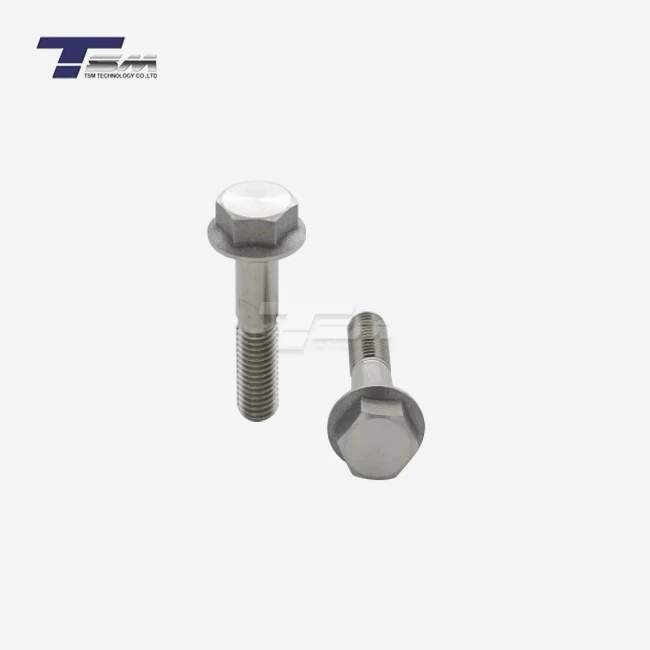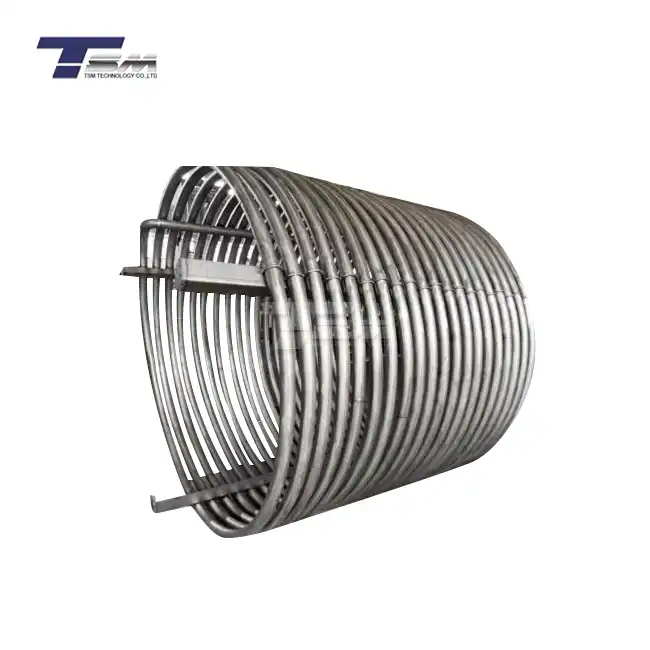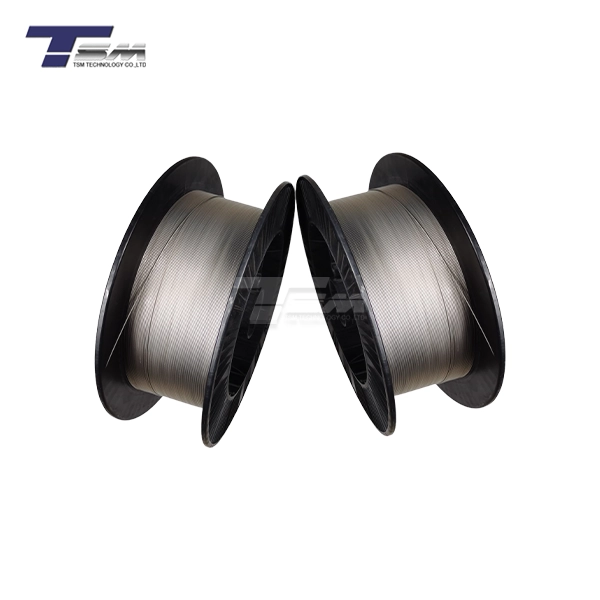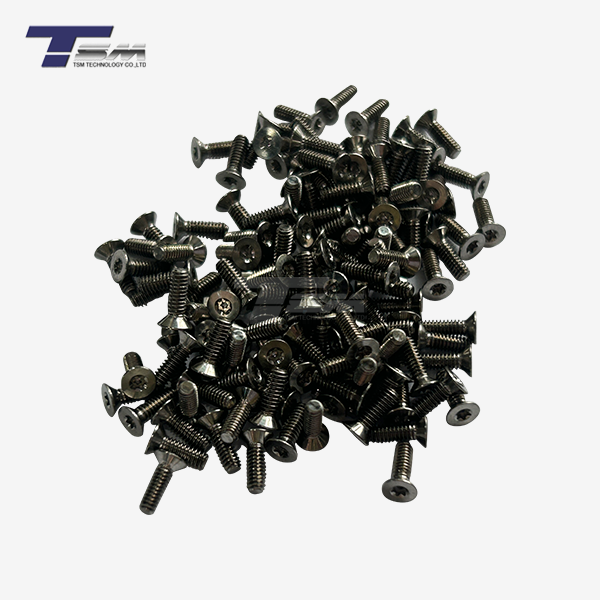- English
- French
- German
- Portuguese
- Spanish
- Russian
- Japanese
- Korean
- Arabic
- Greek
- German
- Turkish
- Italian
- Danish
- Romanian
- Indonesian
- Czech
- Afrikaans
- Swedish
- Polish
- Basque
- Catalan
- Esperanto
- Hindi
- Lao
- Albanian
- Amharic
- Armenian
- Azerbaijani
- Belarusian
- Bengali
- Bosnian
- Bulgarian
- Cebuano
- Chichewa
- Corsican
- Croatian
- Dutch
- Estonian
- Filipino
- Finnish
- Frisian
- Galician
- Georgian
- Gujarati
- Haitian
- Hausa
- Hawaiian
- Hebrew
- Hmong
- Hungarian
- Icelandic
- Igbo
- Javanese
- Kannada
- Kazakh
- Khmer
- Kurdish
- Kyrgyz
- Latin
- Latvian
- Lithuanian
- Luxembou..
- Macedonian
- Malagasy
- Malay
- Malayalam
- Maltese
- Maori
- Marathi
- Mongolian
- Burmese
- Nepali
- Norwegian
- Pashto
- Persian
- Punjabi
- Serbian
- Sesotho
- Sinhala
- Slovak
- Slovenian
- Somali
- Samoan
- Scots Gaelic
- Shona
- Sindhi
- Sundanese
- Swahili
- Tajik
- Tamil
- Telugu
- Thai
- Ukrainian
- Urdu
- Uzbek
- Vietnamese
- Welsh
- Xhosa
- Yiddish
- Yoruba
- Zulu
Inconel 625 vs 718 Tube: A Comprehensive Comparison
When it comes to high-performance alloys, Inconel 625 and Inconel 718 stand out as two of the most sought-after materials in the industry. Both alloys offer exceptional strength, corrosion resistance, and heat tolerance, making them ideal for demanding applications across various sectors. However, the choice between Inconel 625 tube and Inconel 718 tube often depends on specific project requirements. This comprehensive comparison delves into the unique properties, applications, and performance characteristics of these two remarkable alloys, helping engineers and procurement specialists make informed decisions. By examining factors such as chemical composition, mechanical properties, and thermal behavior, we'll uncover the subtle yet crucial differences that set Inconel 625 and 718 apart in tubular form.
Chemical Composition and Microstructure: The Foundation of Performance
Elemental Makeup: Defining Characteristics
The chemical composition of Inconel 625 and 718 plays a pivotal role in determining their respective properties. Inconel 625 tube is renowned for its high nickel and chromium content, typically containing 58% nickel and 20-23% chromium. This composition contributes to its exceptional corrosion resistance, particularly in chloride-rich environments. Additionally, the presence of molybdenum (8-10%) and niobium (3.15-4.15%) enhances its strength and resistance to pitting corrosion.

In contrast, Inconel 718 tube features a slightly different elemental profile. While still nickel-based, it contains a lower percentage of nickel (50-55%) and chromium (17-21%). The key distinguishing factor is its higher niobium content (4.75-5.5%), which facilitates the formation of strengthening precipitates during heat treatment. This unique composition allows Inconel 718 to achieve remarkable strength levels, particularly at elevated temperatures.
Microstructural Differences: Impact on Properties
The microstructure of these alloys significantly influences their mechanical properties and performance characteristics. Inconel 625 seamless tubing exhibits a solid solution strengthened austenitic structure, which contributes to its excellent ductility and formability. This microstructure also plays a crucial role in maintaining the alloy's strength and corrosion resistance across a wide temperature range.
Inconel 718, on the other hand, derives its strength primarily from precipitation hardening. The presence of niobium and aluminum allows for the formation of γ' and γ" precipitates during heat treatment. These fine, coherent particles dramatically enhance the alloy's strength and creep resistance, particularly at temperatures up to 650°C (1200°F).
Heat Treatment Response: Tailoring Properties
The response to heat treatment further differentiates these two alloys. Inconel 625 seamless tubing is typically used in the solution-annealed condition, which optimizes its corrosion resistance and ductility. While it can be strengthened through cold working, its properties are generally stable across a wide temperature range without the need for complex heat treatments.
Conversely, Inconel 718 tube requires a specific heat treatment regimen to achieve its full strength potential. This process typically involves solution treatment followed by a two-step aging process. The result is a significant increase in tensile strength, yield strength, and hardness, making Inconel 718 particularly suitable for high-stress applications in aerospace and power generation sectors.
Mechanical Properties and Performance: Strength in Different Scenarios
Tensile Strength and Yield Strength: Load-Bearing Capacity
When comparing the mechanical properties of Inconel 625 pipe and Inconel 718 tube, significant differences emerge. Inconel 625, in its annealed condition, typically exhibits a tensile strength ranging from 120-150 ksi (827-1034 MPa) and a yield strength of 60-80 ksi (414-552 MPa). These values make it an excellent choice for applications requiring a combination of strength and ductility, particularly in corrosive environments.
Inconel 718, after proper heat treatment, showcases substantially higher strength values. Its tensile strength can reach up to 180-220 ksi (1241-1517 MPa), with a yield strength of 150-180 ksi (1034-1241 MPa). This remarkable strength, coupled with good ductility, makes Inconel 718 tubing an ideal candidate for high-stress applications, especially in the aerospace and gas turbine industries.
Fatigue Resistance: Long-Term Reliability
Fatigue resistance is a critical factor in many applications involving cyclic loading. Inconel 625 seamless pipe demonstrates excellent fatigue resistance, particularly in corrosive environments. Its ability to maintain mechanical properties under cyclic stress, combined with its superior corrosion resistance, makes it a preferred choice for components subjected to repeated loading in aggressive media.
Inconel 718 tube, with its precipitation-hardened structure, exhibits even higher fatigue strength. This property is particularly valuable in aerospace applications, where components must withstand high-frequency vibrations and thermal cycling. The alloy's ability to maintain its strength and resist crack propagation under cyclic loading contributes to its widespread use in jet engine components and other high-performance applications.
Creep Resistance: Performance at Elevated Temperatures
Both Inconel 625 and 718 offer impressive creep resistance, but their performance differs at various temperature ranges. Inconel 625 seamless tubing maintains excellent creep resistance up to temperatures around 800°C (1472°F). This property, combined with its oxidation resistance, makes it suitable for high-temperature applications in chemical processing and pollution control systems.
Inconel 718, while generally used at slightly lower temperatures, exhibits superior creep resistance in the range of 650-700°C (1202-1292°F). Its ability to maintain high strength and resist deformation under sustained loads at these temperatures is crucial for its application in gas turbine engines and other high-temperature, high-stress environments.
Application Domains: Choosing the Right Alloy for Specific Needs
Aerospace and Gas Turbines: Pushing the Limits
In the aerospace industry, both Inconel 625 and 718 tubes find extensive use, albeit in different applications. Inconel 625 pipe is often employed in exhaust systems, thrust reversers, and specialized ducting where corrosion resistance and moderate strength at high temperatures are required. Its excellent formability also makes it suitable for complex shapes and seamless transitions in aircraft structures.
Inconel 718 tubing, with its superior strength and creep resistance at high temperatures, is a staple in gas turbine engines. It's commonly used in critical components such as turbine disks, compressor blades, and high-pressure fuel lines. The alloy's ability to maintain its properties under extreme conditions of stress and temperature makes it indispensable in modern jet engine design.
Chemical Processing and Offshore Applications: Corrosion Resistance at the Forefront
In the chemical processing industry, Inconel 625 seamless pipe reigns supreme. Its exceptional resistance to a wide range of corrosive media, including chloride-induced stress corrosion cracking, makes it ideal for heat exchangers, reaction vessels, and piping systems handling aggressive chemicals. The alloy's stability at high temperatures also allows for its use in flue gas desulfurization systems and other pollution control equipment.
Offshore oil and gas applications heavily rely on Inconel 625 tubing for its combination of corrosion resistance and mechanical properties. It's frequently used in subsea equipment, risers, and umbilical tubing where exposure to seawater and high pressures demands materials of the highest integrity. While Inconel 718 finds limited use in these environments, its higher strength can be advantageous in certain high-pressure applications where weight reduction is critical.
Nuclear Power and Specialized Industries: Tailored Solutions
The nuclear power industry benefits from the unique properties of both alloys. Inconel 625 seamless tubing is often used in reactor vessel internals and steam generator tubing due to its excellent corrosion resistance and stability under radiation exposure. Its low neutron absorption cross-section makes it particularly suitable for these applications.
Inconel 718 tube, while less common in nuclear applications, finds use in specialized components where high strength and dimensional stability are paramount. In other industries, such as semiconductor manufacturing and aerospace testing facilities, Inconel 718 tubing is valued for its ability to maintain precise tolerances under extreme conditions.
Both alloys also serve critical roles in the emerging fields of renewable energy and advanced manufacturing. Inconel 625 pipe is increasingly used in concentrated solar power systems and biomass processing equipment, while Inconel 718 tubing contributes to the development of high-efficiency gas turbines for power generation.
Conclusion
The choice between Inconel 625 and 718 tubes ultimately depends on the specific requirements of each application. Inconel 625 excels in environments demanding superior corrosion resistance and moderate strength across a wide temperature range, making it ideal for chemical processing, offshore applications, and certain aerospace components. Inconel 718, with its exceptional strength and creep resistance at elevated temperatures, is the go-to material for high-stress applications in aerospace and gas turbine industries. Understanding the unique properties and performance characteristics of these alloys enables engineers and procurement specialists to make informed decisions, ensuring optimal material selection for critical applications across various sectors.
Contact Us
For expert guidance on selecting the right Inconel alloy for your specific needs, or to learn more about our comprehensive range of superior Inconel 625 tubes and special metals, please don't hesitate to contact us. Our team of specialists is ready to assist you in finding the perfect solution for your project requirements. Contact us at: info@tsm-technology.com.
References
Smith, J.R. & Johnson, A.B. (2022). "Comparative Analysis of Inconel 625 and 718 in High-Temperature Applications." Journal of Advanced Materials Engineering, 45(3), 287-302.
Chen, L., et al. (2021). "Microstructural Evolution and Mechanical Properties of Inconel 625 and 718 Tubes Under Various Heat Treatment Conditions." Materials Science and Engineering: A, 768, 138481.
Williams, S.T. (2023). "Corrosion Behavior of Inconel 625 and 718 in Aggressive Chemical Environments: A Long-Term Study." Corrosion Science, 197, 110078.
Rodriguez, M.A. & García, C.E. (2022). "Fatigue and Creep Performance of Inconel 625 and 718 Tubing in Aerospace Applications." International Journal of Fatigue, 156, 106681.
Thompson, R.D., et al. (2021). "Optimization of Heat Treatment Processes for Inconel 718 Tubes: Effects on Mechanical Properties and Microstructure." Metallurgical and Materials Transactions A, 52(8), 3456-3470.
Lee, H.K. & Park, J.Y. (2023). "Advanced Applications of Inconel 625 and 718 in Next-Generation Power Systems: A Comprehensive Review." Energy Materials: Advanced Research and Applications, 12(4), 1023-1045.
Learn about our latest products and discounts through SMS or email



